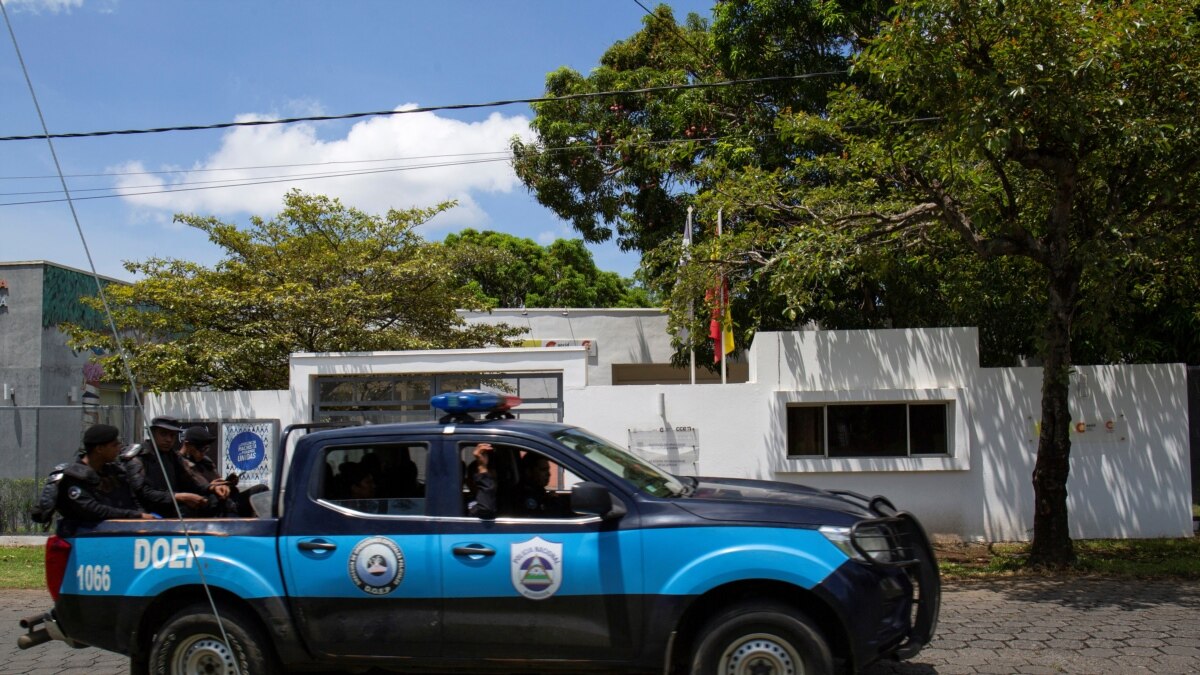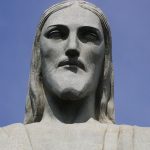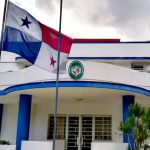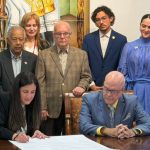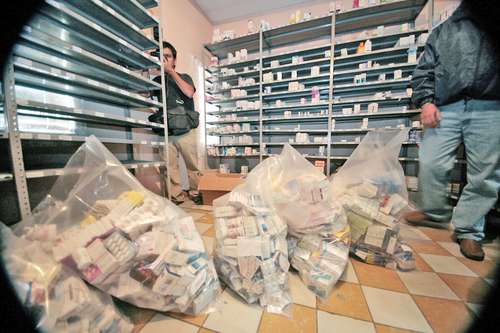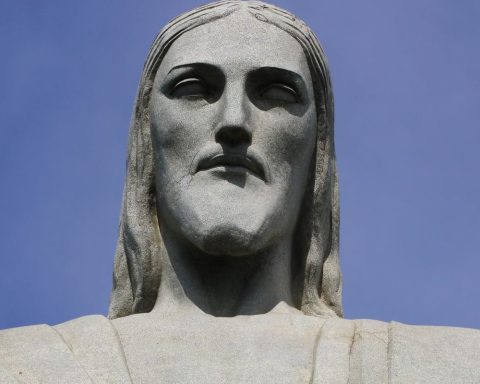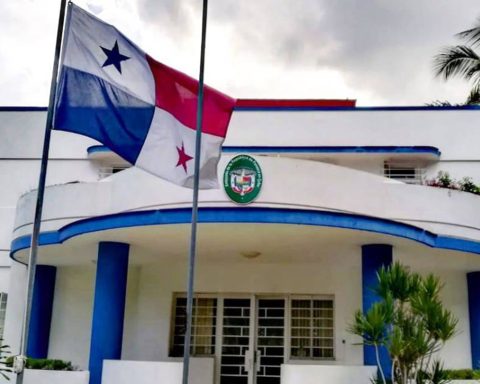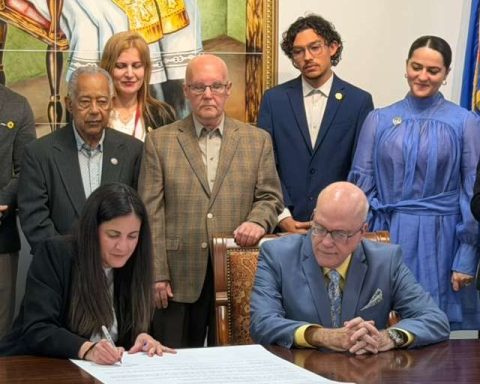For four years, the lawyer and human rights defender from Nicaragua Vilma Nunez From an undisclosed location in Managua, he directs an organization whose legal status was canceled by the government of President Daniel Ortega.
The Nicaraguan Center for Human Rights (Cenidh), directed by Núñez, was canceled in December 2018 along with eight other important NGOs. Other cancellations were then ordered. Until the beginning of June, 500 social organizations have been banned in Nicaragua.
This fact has been classified as “unprecedented”, according to regional activists and analysts consulted by the Voice of America.
Ortega’s argument has been the same: an alleged breach of the Law that governs these organizations. According to experts, the approval in 2020 of the Foreign Agents Acthas been the coup de grace to these organizations.
Regarding the Law of Foreign Agents, the Ortega government maintains that it was approved “in legitimate defense of the right of sovereignty of the nation”, the “non-intervention and foreign interference in internal affairs”, the “transparency of funds”, and the fight against “money laundering”.
According to the legislation, all organizations that receive funds from abroad must register as “foreign agents” with the Ministry of the Interior and submit monthly reports on expenses, payments and disbursements “related to their performance as foreign agents.”
The organizations deny the government’s argument and claim that their documents comply with the rules.
The scope of NGO cancellations
Vilma Núñez told the voice of america that the organizations canceled so far cover the entire spectrum of social activity, including humanitarian organizations that dealt with the problems of women and children.
“It is inexplicable how they also look for trade union organizations, human rights organizations, peasant sectors, everything that means organization and the possibility of a response at any given moment. It is practically liquidating them,” he says.
“It is a job of extermination so that nothing moves here,” he adds.
Eric Olson, Director of Policy and Strategic Initiatives at Seattle International Foundation, based in Washington, stresses to the VOA via Skype that civil society and non-governmental organizations are vital to a healthy democracy. He mentions that some support the nation in various areas and also promote transparency in some cases by occupying an oversight role.
“Rebuild the whole social fabric will take decades“, He says.
The history of civil society organizations
For his part, Núñez, who has dedicated his entire life to the defense of human rights, recalls that NGOs in Nicaragua were regulated by the Law 147, General Law for the Regulation and Control of Non-Profit Organizations, which was approved in 1992 during the government of President Violeta Barrios de Chamorro.
Before —explains Núñez— there were organizations, but they were practically governed by the civil code and he mentions, for example, that the Cenidh was organized in 1990. “We were constituted as a non-profit civil organization, one of the forms established in the civil code previous and that exists in the present”.
At that time there was no need to have legal status to be able to function, but he says that from the beginning, the effort was always made and the need to register with the Ministry of the Interior was criticized.
“Why would the Ministry of the Interior have this control and this record? If their functions are completely different, of control, of guaranteeing security. These functions are not precisely, they could well have been regulated by the State through the Ministry of Justice or another civil institution,” says the human rights defender.
Núñez says that “the phenomenon of the proliferation of NGOs” arose as a result of the organizational experience that Nicaraguan society of different social sectors, including urban and rural sectors during the time prior to the Sandinista revolution in the 1980s.
“To overthrow the Somoza dictatorship there were organizations, an organizational effect. Nope [fue] only the Sandinista Front as a political-military organization, but also others”, he remarks.
Unprecedented action would take decades to reverse: experts
Núñez evaluates the measure as “irrational and unprecedented”. “We have tried to analyze for a long time and nobody remembers that there has been a situation of this nature.
Olson, from Seattle International Foundation and who has studied the region for more than 40 years, agrees: “Never in my life had I seen something similar in any other country.”
He even says that even “during the first periods of Sandinismo in the 1980s we did not see such a thing. So, it is really unprecedented. It is extremely worrying and I think it is leaving Nicaragua, as a State, quite isolated within the community. of countries in the Americas.
Olson stresses that this will have a devastating effect on the country and rebuilding these spaces will not be so easy, since in his opinion civil society depends not only on legal permits, which are essential for its legal functioning within society, but also on the capacities of its human resources.
“For me that is the problem. Rebuilding Nicaraguan civil society, legally, can be done at some point, eventually, I’m not saying now, but it can be done with changes in laws, procedures, etc. But, as human resources are being eliminated, the capacity of these people is going to be lost because they also have to find another way to survive and the experiences they have are being lost, ”he says.
“I think that is another very tragic part of what is happening in Nicaragua,” he stresses.
A bad example for the region
The liquidation of these spaces is worrying for the region, indicates to the VOA, Alberto Brunori, representative of the Regional Office for Central America of the United Nations High Commissioner for Human Rights (OACNUDH).
In fact, he mentions that Nicaragua is gradually becoming a “bad example” for Central America, where formulations of laws have been approved, which, although they are not the same, “in some way tend to restrict civic spaces or not allow the civil society has sufficient freedoms”.
Connect with the Voice of America! Subscribe to our channel Youtube and turn on notifications, or follow us on social media: Facebook, Twitter and Instagram
